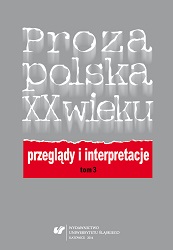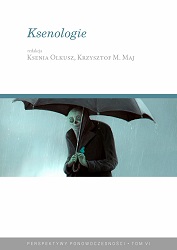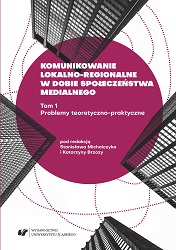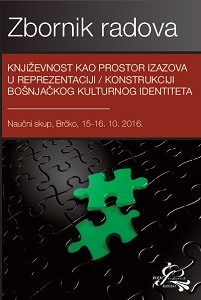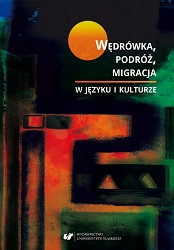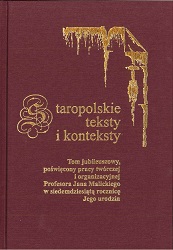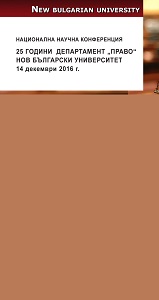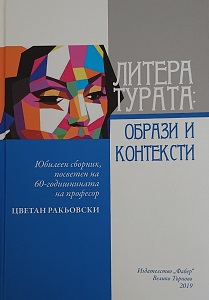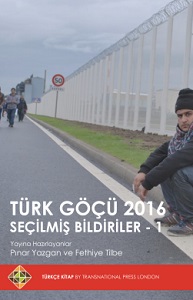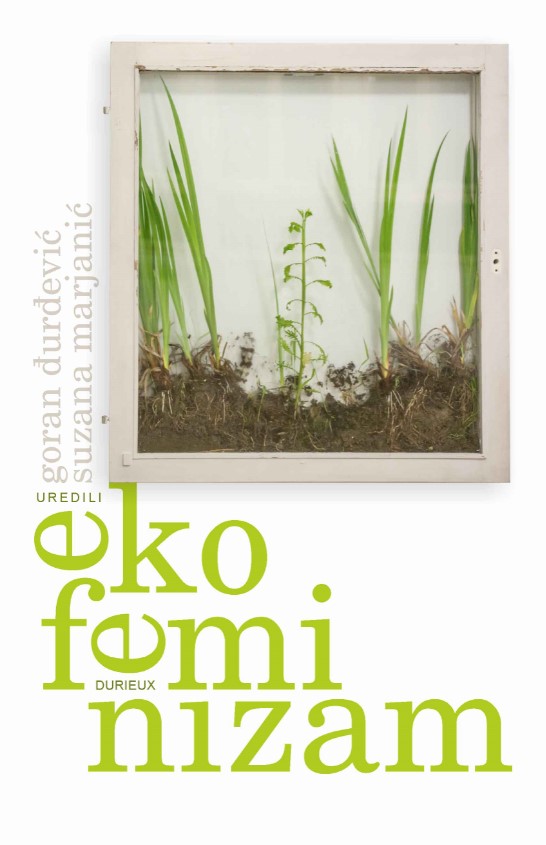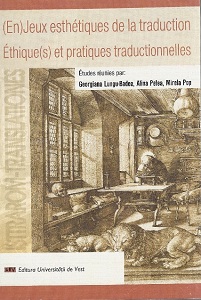Author(s): Barbara Braid / Language(s): Polish
Publication Year: 0
In the chapter “Queering Frankenstein: the motifs of otherness and non-normativity in »Penny Dreadful«”, Barbara Braid offers an interpretation of Frankenstein’s creatures presented in the series from the perspective of queer theory. The queer is understood here as a wide range of non-normativity and difference, including subjectivities and actions which subvert stabilities and norms. The author identifies the links between queer theory and the gothic, which allow to see the characters which are monstrous, undead, abject—or simply Other—as representations of difference. In this light, the presented analysis shows the three creatures made by Frankenstein and Victor Frankenstein himself as characters related to each other in non-normative ways, creating a queer quasi-family. This discussion is also contextualized by references to Mary Shelley’s original novel and some of its classic film adaptations and their comparison with Penny Dreadful. Frankenstein’s creature is, due to its nature as the undead made of fragments of corpses, an abject thing, an embodiment of Otherness. In the series, Victor creates three beings, which are in a constant tension with each other. The firstborn John Clare murders the second creature, Proteus, out of hatred for their “father” Victor; the third being is Lily, another embodiment of the Bride of Frankenstein, destined to be with the creature, but desired by Victor. She becomes a dangerous fiend, femme castratrice, who desires a new world order and subordination of human beings. These two surviving Others—John and Lily—represent two different attitudes to their otherness. John Clare yearns normality and tries to achieve it by establishing a family with a human woman; Lily, a demonic man-eater, terrifies him. On the other hand, Lily strikes a relationship with Dorian Gray, equally non-normative, in order to achieve a queer monstrous supremacy over the world. However, both Frankenstein’s creatures fail and become alone. Therefore, the chapter is concluded with suppositions that question whether the motifs of otherness play an unequivocally subversive role in Penny Dreadful.
More...
